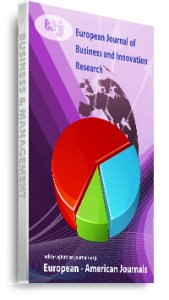This study on agribusiness-based household preferences and management of communication services in Abia State, Nigeria was analyzed using a hedonic approach. The study tried to identify which mobile communication services impacts most on agribusiness households, and which network provider guarantees better utility to the household users. Thus, 240 agribusiness-based households were selected using multistage sampling technique. Two out of three agribusiness zones in Abia State were selected namely: Aba and Umuahia agricultural zones were selected for the study. The study made use of primary data obtained using a well-structured questionnaire. Descriptive statistics, multivariate tests and Hedonic analysis were used for the data analysis. Results revealed that males (61.67%) dominated as agribusiness-based households’ heads in the study area. Majority (26.25%) of households were in the age bracket of 61-70 years who were also engage in agricultural activities being their major activity. The hedonic model revealed that household characteristics such as sex, education, electricity connection to household buildings, ownership of house, and increased household size related positively with household ability to settle call prices charged by the preferred network provider while poor and extremely poor households related negatively with ability to settle call prices as charged on calls per day. The multivariate test showed that Mobile Telecommunication Network (MTN) Limited Communication service impacted most on the welfare of these households than Globalcom (GLO) communication services Nigeria Limited. No meaningful contribution was observed in the case of Airtel communication services. It was recommended that communication service providers in the study area should reduce their call rates to accommodate the poor and extremely poor households in order to increase household preferences and subscriptions.
Keywords: agribusiness, communication, households, preferences, services

